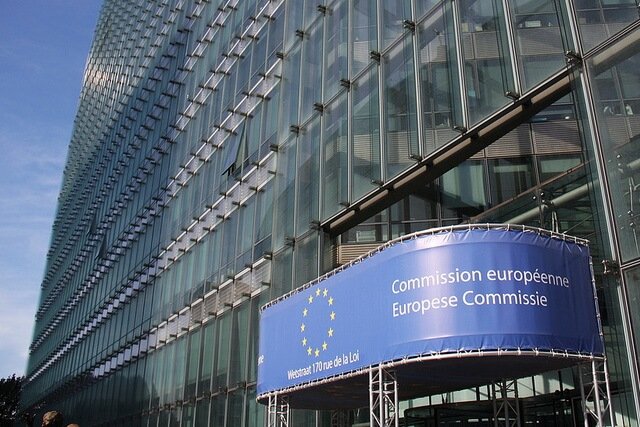The EC has published an Action Plan containing a set of measures agains terrorism financing.
The European Commission (EC) takes measures against terrorist financing and criminal employment of such digital currencies as bitcoin. The EC published an Action Plan to strengthen the fight against the financing of terrorism (PDF) that presents a set of measures against anonymous trading in virtual currencies. The report doesn’t provide the evidence of virtual currencies usage for terrorism financing while it sees the regulation as part of the ongoing effort to stop terror attacks.
Terrorism is a wide network that operates across different countries and does need financing. Cutting off sources of finance and making it harder to escape detection while using those funds can considerably contribute to the fight against terrorism.
Despite all the great opportunities that cryptocurrencies and bitcoin in particular offer, they create as well new challenges in terms of combatting terrorist financing. While developing innovative financial tools, it is critical to manage the risks relating to the anonymity of criminals. The Commission has already started to carry out periodic assessments of known but also emerging risks related to money laundering and terrorist financing. This work allows the EU to continuously assess and mitigate emerging risks which affect the internal market, but also the EU’s security.
The plan developed by the EC includes two main directions of action:
- How to detect and stop the movement of funds and other assets by terrorist organizations and their backers; and to ensure that financial movements can wherever possible help law enforcement to trace terrorists and stop them from committing crimes;
- How to further disrupt the sources of revenue of terrorist organizations by targeting their capacity to raise funds in the first place.
Among the basic measures against terrorism financing, the EC names regulation of digital currency exchange platforms under the scope of the Anti-Money Laundering Directive. It will require bitcoin exchanges to keep sensitive customer data records for bitcoin-to-fiat trading. “These platforms have to apply customer due diligence controls when exchanging virtual for real currencies, ending the anonymity associated with such exchanges,” says the report.
The EC has developed a set of immediate measures that can be taken right now within the existing legal framework:
- Quick implementation of the 4th Anti-Money Laundering Directive (AMLD), adopted on May 20, 2015, is seen as the first key step. The Commission encourages Member States to bring forward the date for effective transposition and entry into application by the end of 2016 at the latest.
- The Commission will accelerate its work under the AMLD to provide for the identification of third countries with strategic deficiencies in the area of anti-money laundering or countering terrorist financing. The Commission will present the list of the countries by June 8, 2016.
- Member States should improve exchange of financial intelligence between EU FIUs and third countries’ FIUs, and between FIUs and the private sector, in line with Financial Action Task Force recommendations and best practices.
The EC underlined that success in fighting against terrorism, a well-consolidated network, can be achieved only by united efforts. The EC itself and all Member States will bring the plan into action and the Commission takes the responsibility to monitor the progress and correct the plan if necessary.


